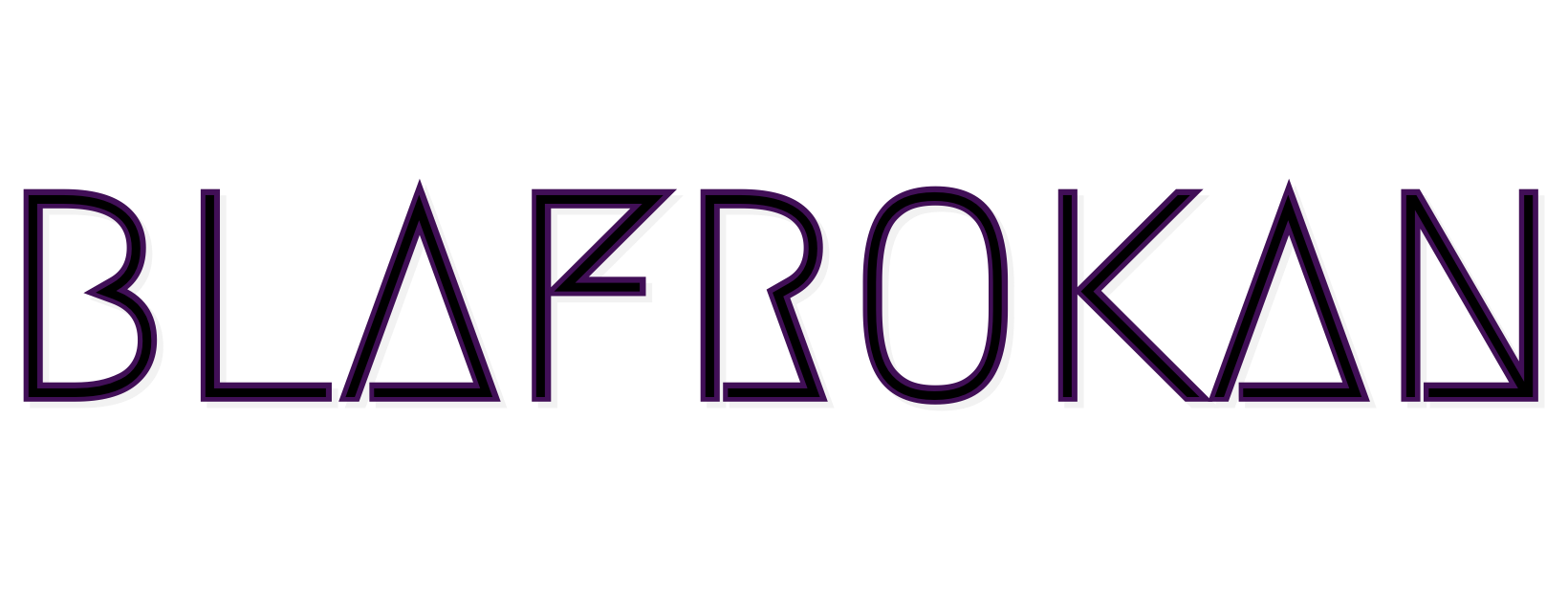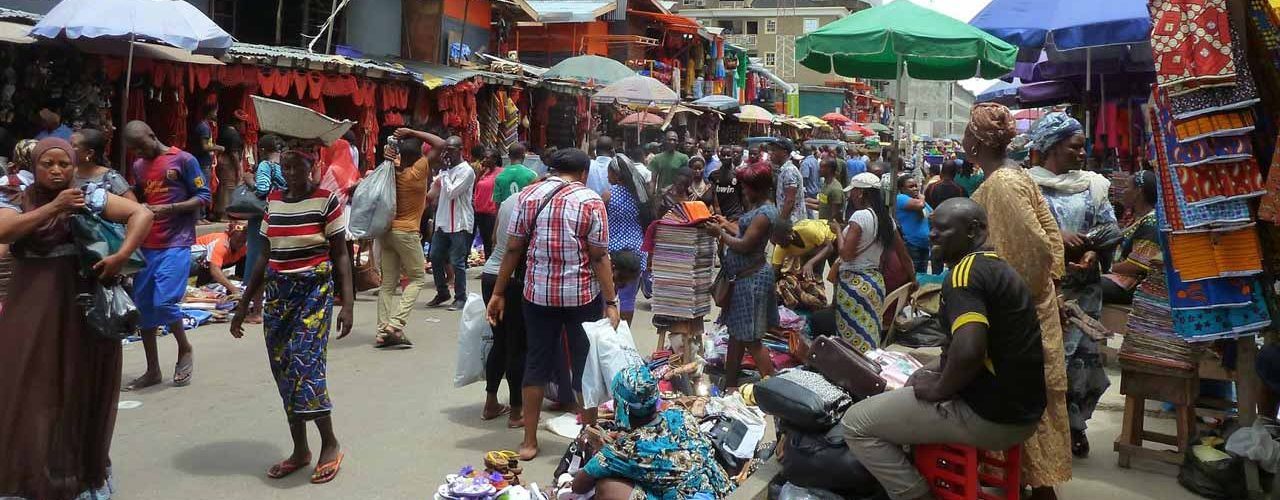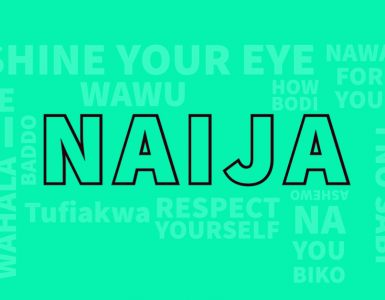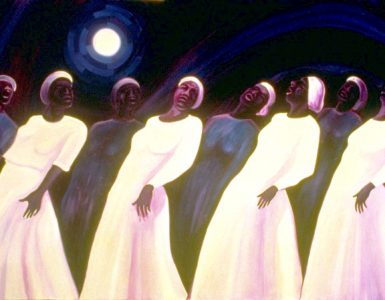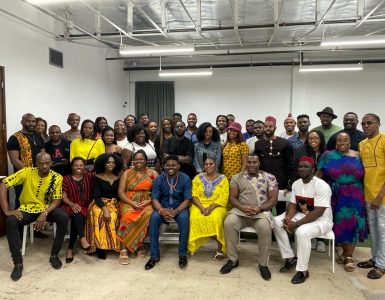A Warrior Scholar Speaks:
The economy is that social institution which unites members of society into a network of acquiring, distributing and consuming the goods and services necessary for their collective survival. Like any other institution, a people’s economics is more than the collection, flow and concentration of material things. At heart, it is that social circulatory system of tested and trusted relationships which form an exchange nexus that effectively functions to make this process of give and take perform effortlessly to the benefit of all individuals involved.
F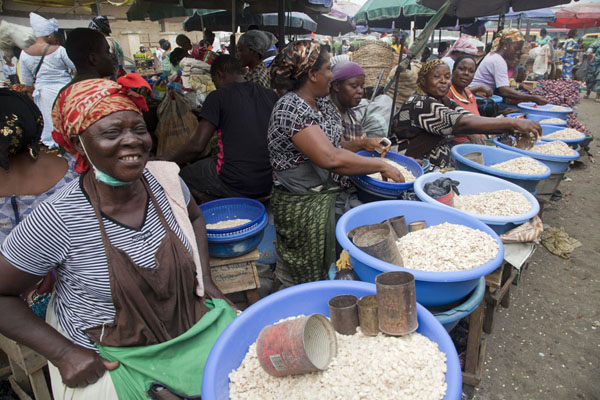 or our Ancestors, economic activity was not a matter of conscious thought, per se. Exchanging goods and services was rather perfunctory. Giving and receiving was not only the basis of interpersonal activities, it was also what made society work. Reciprocity was a naturally occurring cohering part of our daily interaction/socializing.
or our Ancestors, economic activity was not a matter of conscious thought, per se. Exchanging goods and services was rather perfunctory. Giving and receiving was not only the basis of interpersonal activities, it was also what made society work. Reciprocity was a naturally occurring cohering part of our daily interaction/socializing.
The economic institution facilitated the continuous flow of goods and services between individuals. The currency was in the individuals and groups who made up society. The continuous accumulation of wealth/reserves judiciously spread among all involved was the social objective.
As Amos N. Wilson articulated so well, economics more than anything else, is a set of relationships among a people, a normal, unpretentious flow of communal appreciation, responsibility and expectation. And it is this “set of relationships,” this social glue, that facilitates the development and distribution of needed goods and service among them. Economics is the creation, cause and direction of what flows. What is exchanged in that social current is only incidental to this.
 Currency, then, or what flows, may change in form from time to time. But the sense of community obligation that enables the functional movement of this flow should remain constant if it is to be beneficial to all involved. And it is the strength of the “sense of community obligation” which determines whether the economy benefits the participating community or not.
Currency, then, or what flows, may change in form from time to time. But the sense of community obligation that enables the functional movement of this flow should remain constant if it is to be beneficial to all involved. And it is the strength of the “sense of community obligation” which determines whether the economy benefits the participating community or not.
If the “sense” is weak, with individuals feeling a greater loyalty and nurturing stronger ties to another dominant, predatory community, then the benefit to the community will be weak to nonexistent. If it is strong then the community will prosper considerably. It’s that simple.
